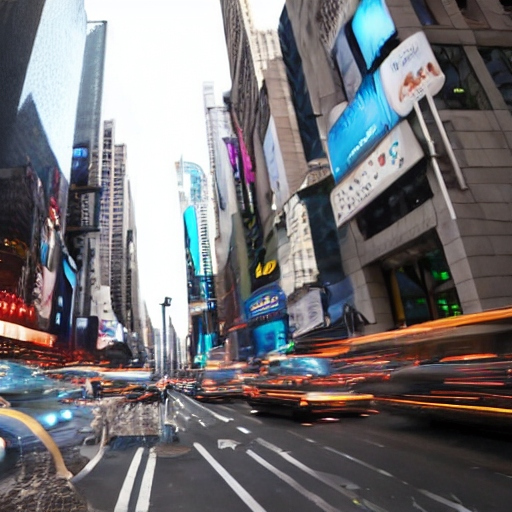Major business groups are fighting against a new regulation that compels New York City employers who use AI-powered employment software to first have the programme reviewed for any racial or sexist prejudices against candidates.
Employers are not permitted to use automated employment decision tools (AEDT) for candidate screening unless they have had the tool evaluated by an independent auditor for potential bias and have made the results available to the public, according to Local Law 144, which took effect on Wednesday.
The new rule, which was passed in 2021, also mandates that companies in the city that utilize AI or machine learning tools for hiring choices send a notice to any candidates who reside in New York City telling them that an AEDT was used.
The Department of Consumer and Worker Protection (DCWP), which is in charge of enforcing the new laws in New York City, states on its website that independent auditors’ evaluations of AEDT tools must at the very least include calculations of selection or scoring rates and the impact ratio across sex categories, race/ethnicity categories, and intersectional categories. Audits on AEDT tools must be performed at least once a year.
Any business found breaking the new law risks paying a fine of up to $500 for the first offence and up to $1,500 for each succeeding offence. Anyone wishing to report a suspected infringement of the new AI hiring tool restrictions is advised to do so by visiting the department’s website or calling 311, and complaints of discrimination involving AEDTs are to be made to the NYC Commission on Human Rights, according to the DCWP.
AEDTs have been around for a while and are used by businesses and employment agencies to speed up the hiring process, but experts warn that if the products are found to have bias against a protected class, using them could subject businesses to liability for breaking Title VII or other anti-discrimination laws.
The recent appearance and quick uptake of generative AI tools like OpenAI’s ChatGPT have raised concerns that the new tools could increase risk in the hiring process. As a result, a number of federal agencies are now examining how the technologies are affecting the way employment decisions are made and stepping up efforts to ensure businesses are in compliance with federal law. NYC has now passed a new law to address these concerns.
A Big Apple business group, however, believes that NYC’s Local Law 144—which is thought to be the first attempt by a city to enact AI-related regulations—is a mistake.
Alfredo Ortiz, president and chief executive officer of Job Creators Network, said in a statement that this is just another top-down burdensome regulation that poses a risk to businesses of being subject to pointless litigation based on fabricated racist claims.
No one wants sexism or racism in the recruiting process, but Ortiz warned that looking at automated hiring procedures for racial or sexual discrepancies may lead to false accusations of business discrimination where none actually existed. To significantly improve the economic opportunities for minorities, the City Council of New York should overturn such large-scale government policies that discourage entrepreneurship.
The Society for Human Resource Management (SHRM) has also expressed opposition to Local Law 144 and the penalties firms can pay for possible infractions.
In a statement in response to the new law, SHRM said it was committed to enhancing opportunity and equity in the hiring process, performance management, and other HR-related areas, and that includes the use of any developing technology. While we acknowledge the need for guardrails around AI, we oppose excessive legislation that hinders worker innovation and optimization.








